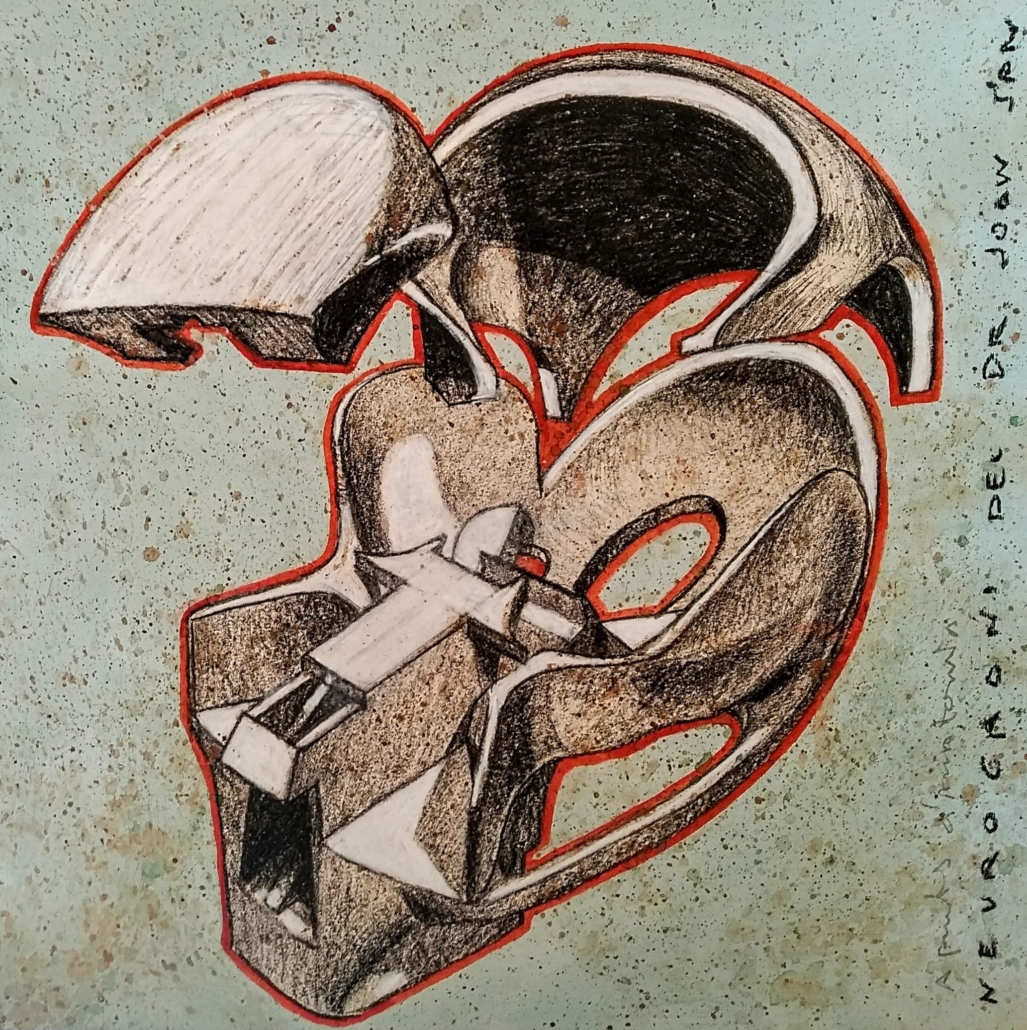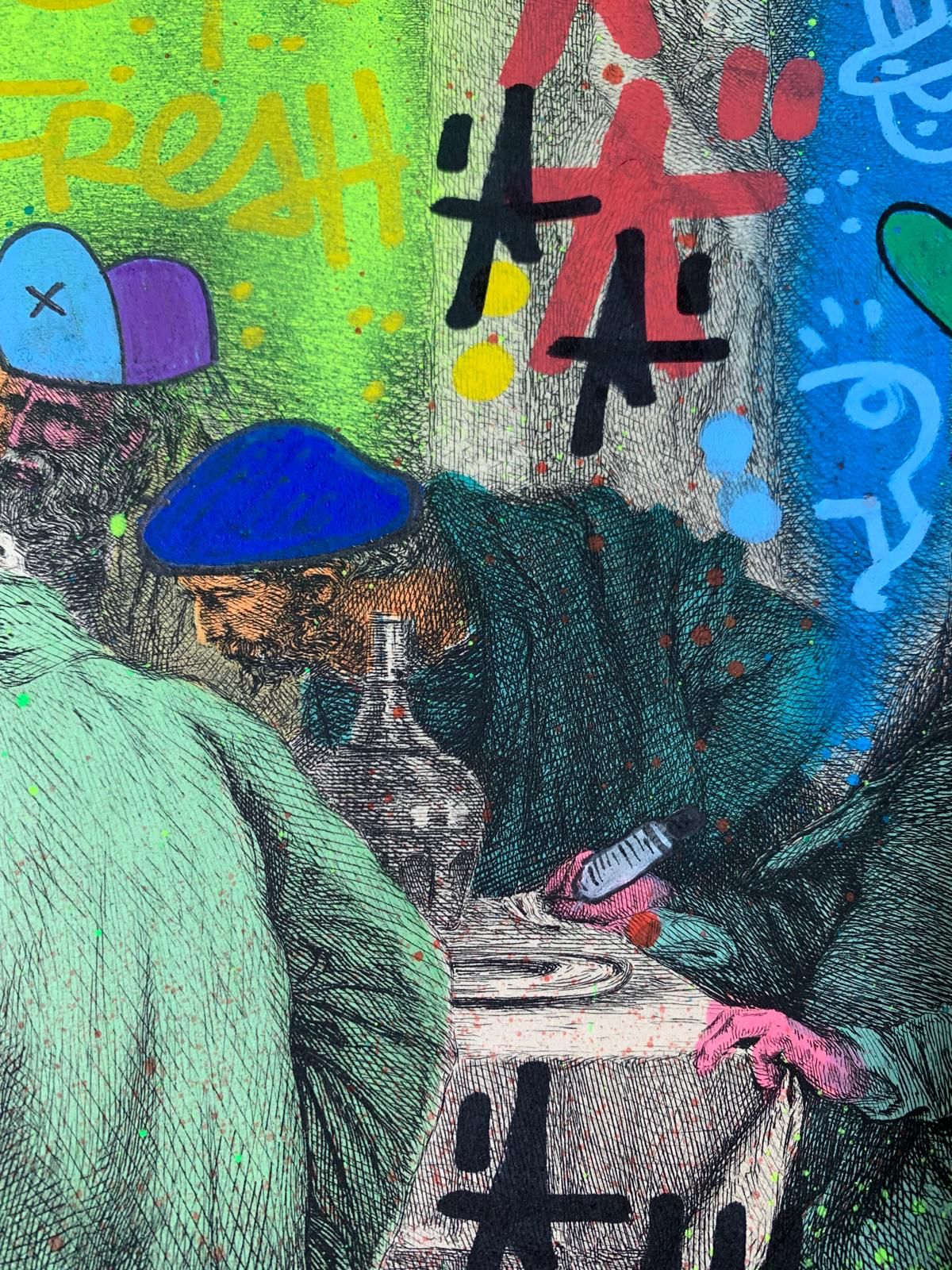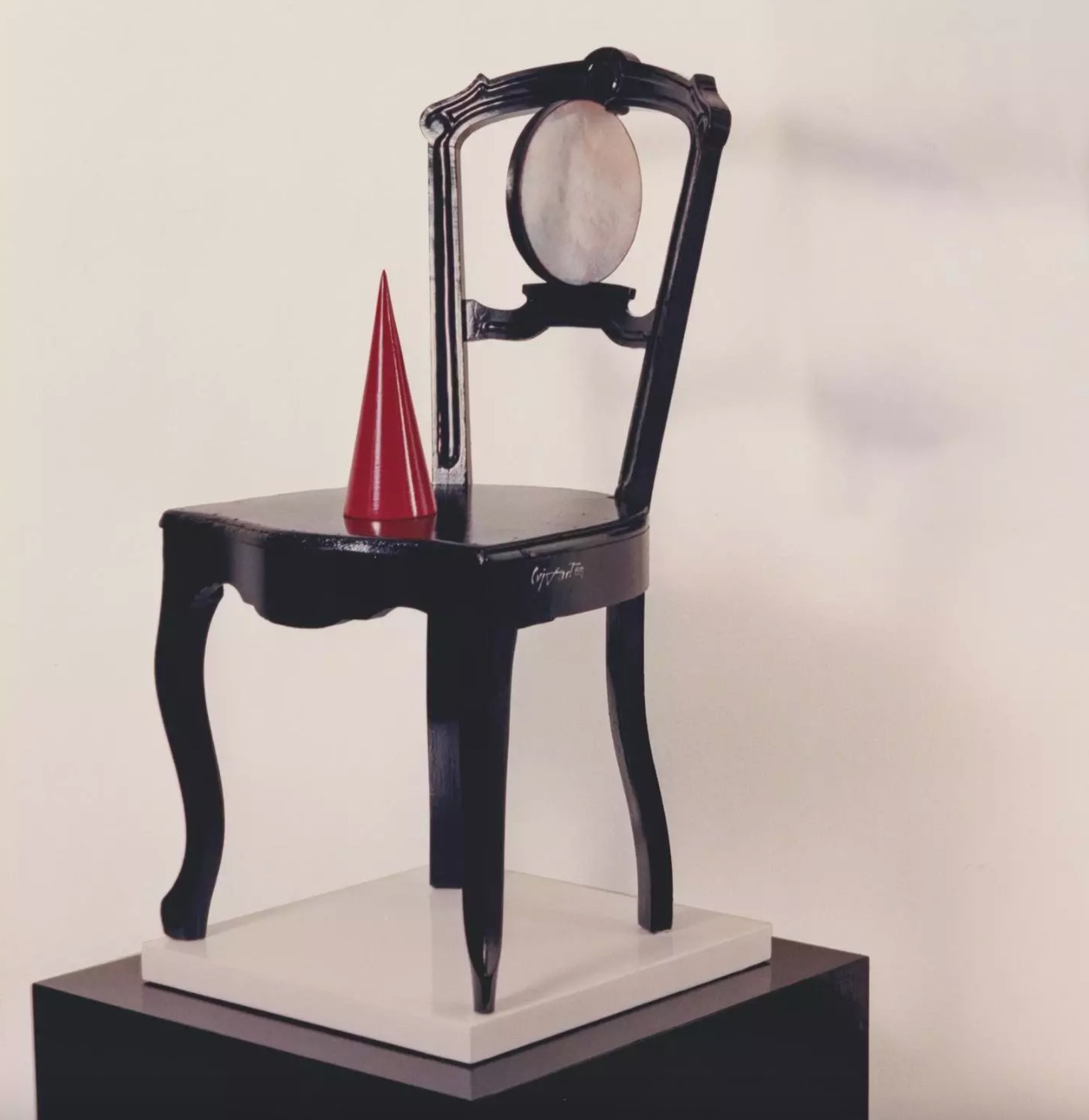Exhibitions
La Llotja: 250 years of creation, innovation and legacy
A visual journey that explores the school's innovation and influence in art and design.
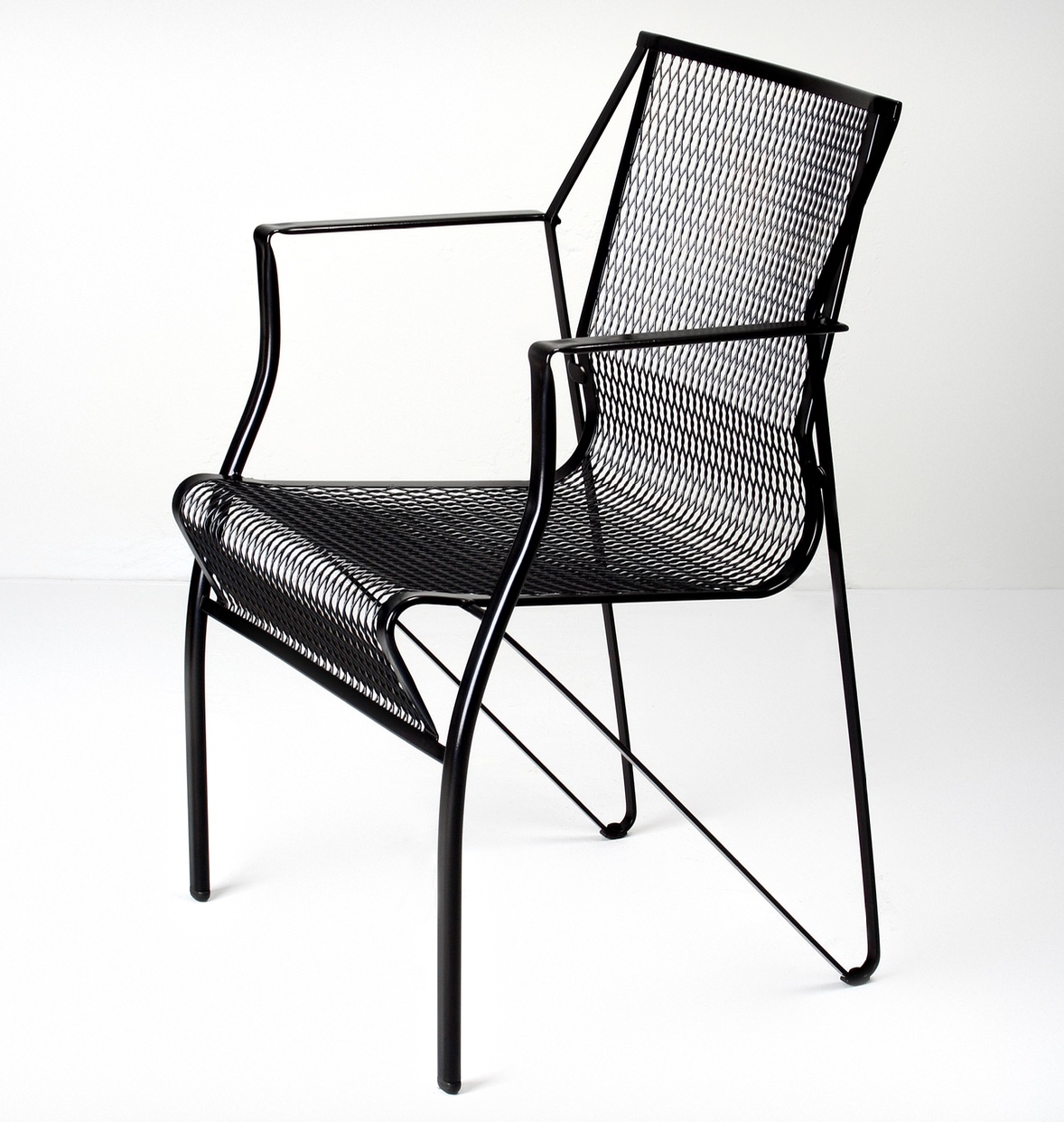
DHUB presents Llotja 250. Educate, Invent, Create, an exhibition celebrating the 250th anniversary of the Llotja School of Art and Design , one of the most important institutions for artistic and design training in the country. This exhibition offers a visual journey that traces the history of the center, from its creation in 1775 to its consolidation as a current reference in the world of design and the arts in Catalonia.
With more than 80 works from various collections and institutions, the exhibition presents a selection of pieces ranging from painting and sculpture to graphic work, ceramics and industrial design. Among the works exhibited, you can see works by key figures who have played a fundamental role in artistic training in Catalonia, such as Enric Satué , Jaume Plensa , Òscar Tusquets , Teresa Gironès , Lola Anglada , Llorenç Artigas , Alexandre de Riquer , Ramon Martí i Alsina , Lluís Rigalt and Antoni Clavé . In addition, works by lesser-known authors, but essential in the history of the school, are also included. One of the great discoveries of the exhibition is the presence of two works by Francesca García Ortiz , the first woman to be an art teacher at the Llotja.
 Ram de clavells, Francesca García Ortiz, 1910. Col·lecció de la família de l’artista
Ram de clavells, Francesca García Ortiz, 1910. Col·lecció de la família de l’artista
Curated by Juan C. Bejarano and Cristina Rodríguez-Samaniego , the exhibition also features the collaboration of institutions such as the Design Museum and the Royal Catalan Academy of Fine Arts of Sant Jordi. The historical tour offers a detailed look at the transformation of the school, starting with the creation of the Free Design School in the Llotja de Mar, with the initial objective of training designers for the textile industry.
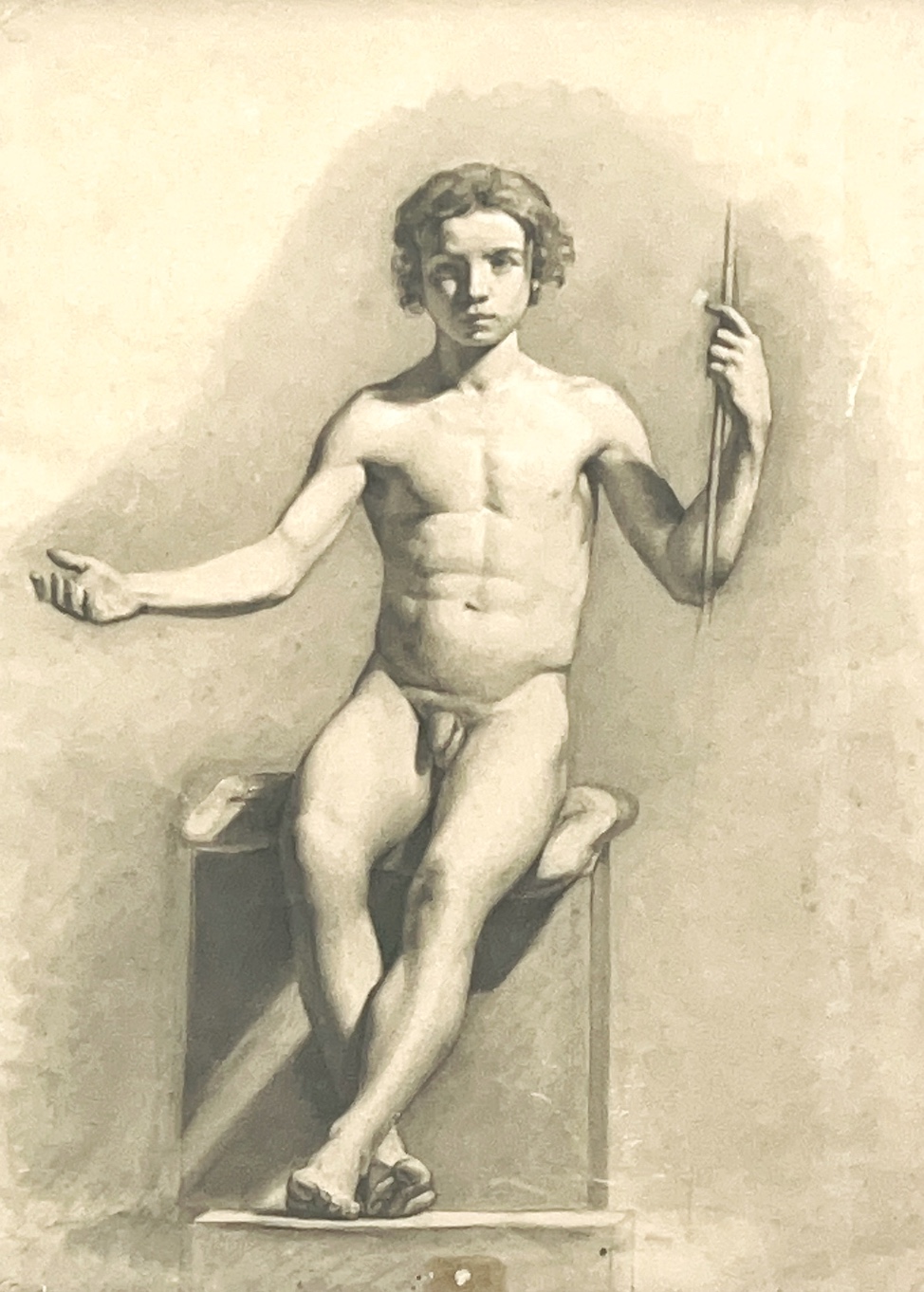 Al·legoria de la Junta de Comerç, Bonaventura Planella i Conxello (1803). Escola d’Art i Disseny Llotja
Al·legoria de la Junta de Comerç, Bonaventura Planella i Conxello (1803). Escola d’Art i Disseny Llotja
Over time, the school evolved, and in the 19th century it also began to train painters and sculptors. Through works of art, audiovisual material and personal testimonies, the exhibition reviews key moments in the school's history, such as the opening to the presence of women at the end of the 19th century. It also highlights the pedagogical renewal of the early 20th century and the diversification of studies throughout the past century. These fundamental stages are explored through documents and visual elements, highlighting how the school has been able to adapt to the social and cultural changes of its time.
 Al·legoria de la Junta de Comerç, Bonaventura Planella i Conxello (1803). Escola d’Art i Disseny Llotja
Al·legoria de la Junta de Comerç, Bonaventura Planella i Conxello (1803). Escola d’Art i Disseny Llotja
The proposal also highlights the vitality of the current school, with works recently created by students and teachers, which demonstrate that Llotja continues to be a living space for learning and creation. These pieces reflect the dynamism and evolution of new languages and contemporary techniques currently being worked on at the school.
In these 250 years of history, names such as Damià Campeny , Marià Fortuny , Antoni Gaudí , Pablo Picasso , Joan Miró , Pablo Gargallo and Josep Subirachs , among many others, have passed through its classrooms. Thus, Llotja 250 is a celebration of the legacy and a testimony to the school's spirit and commitment to artistic training and design, which continues to contribute knowledge and creativity to the contemporary world.
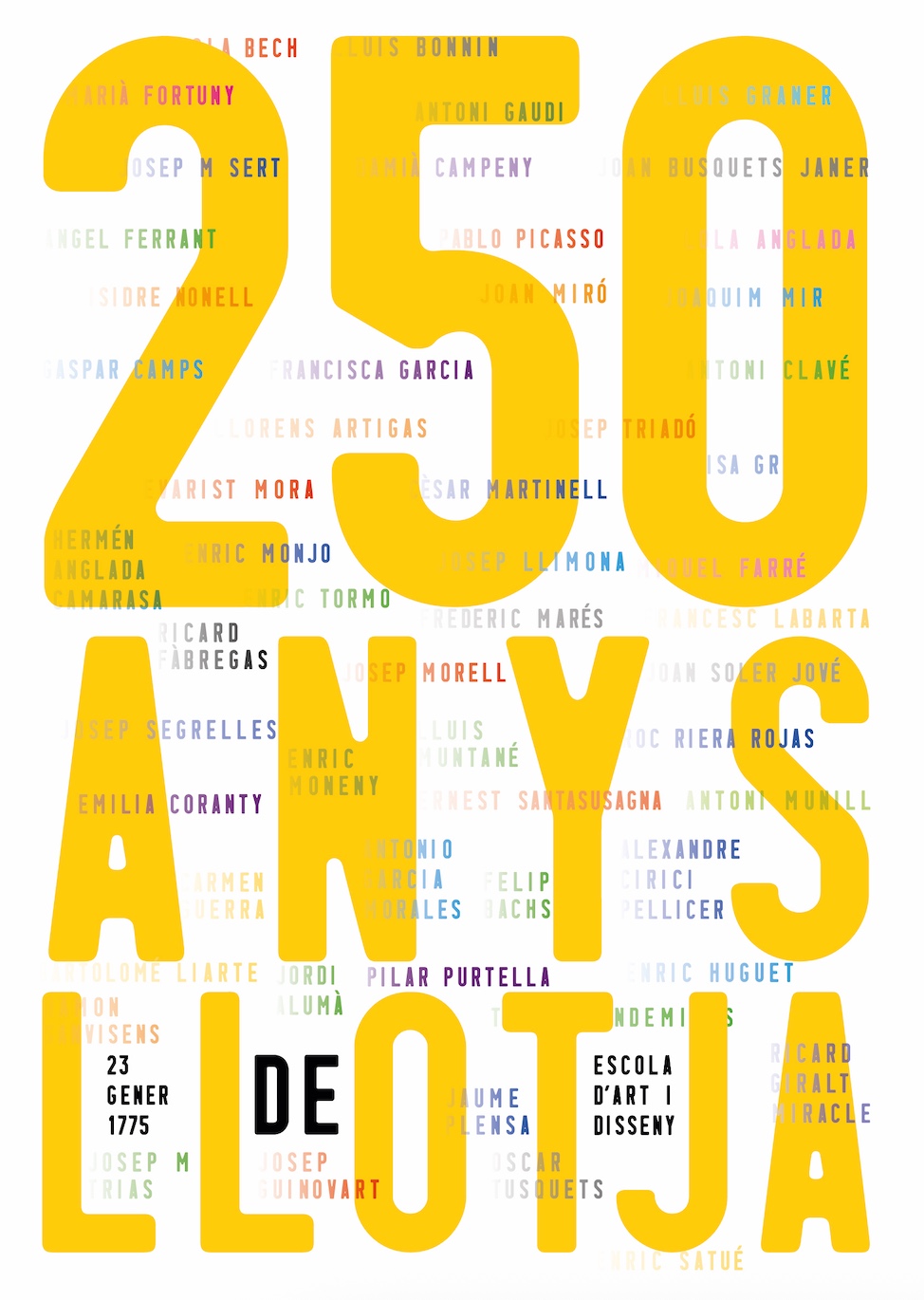 250 anys de Llotja (Cartell commemoratiu del 250è aniversari), Enric Satué (2024). Escola d’Art i Disseny Llotja
250 anys de Llotja (Cartell commemoratiu del 250è aniversari), Enric Satué (2024). Escola d’Art i Disseny Llotja





